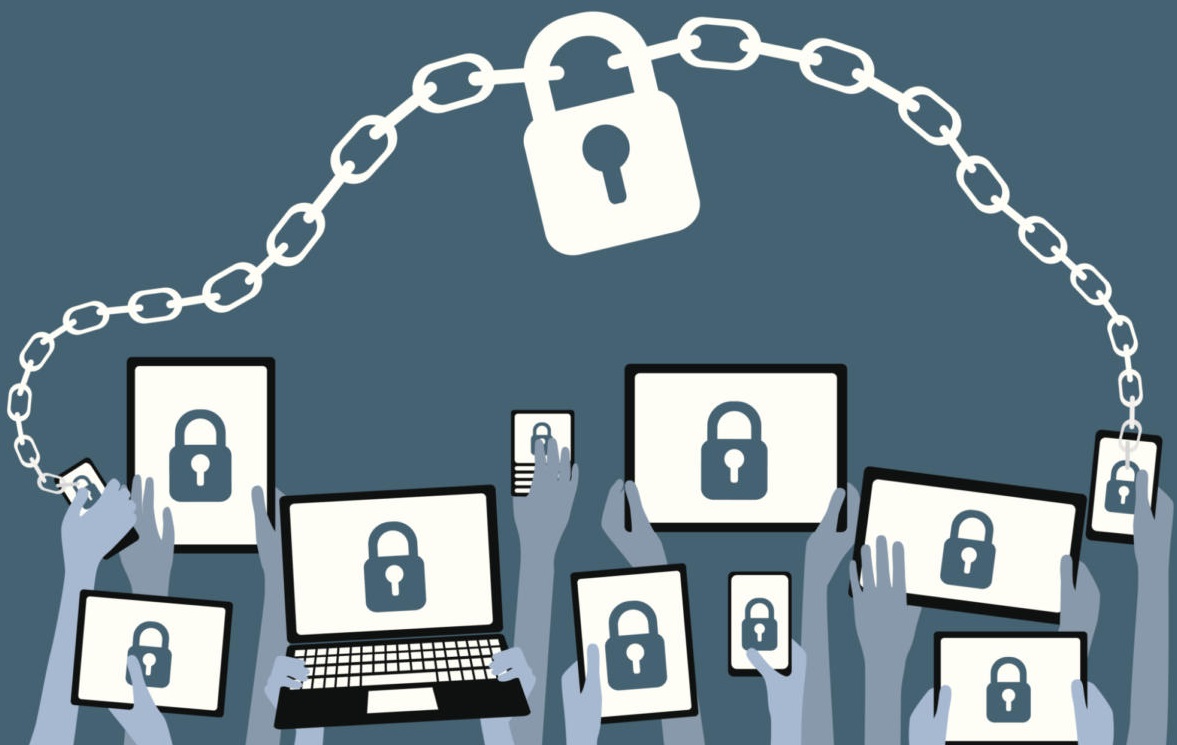Barak UpdatesAnalyticsBreaking News
Lockdown to Unlock: Changing education scenario in the wake of the pandemic, writes Ambalika Chanda


June 21: In the light of the ongoing pandemic scenario, the education system has also witnessed major changes. Both the private and public funded educational institutions were shut since 16 March, 2020 due to the nationwide lockdown declared by the Government of India. Since then, 3 months have elapsed, but till now, schools are closed as a part of the safety measures. However, the journey from Lockdown 1.0 to Unlock 1.0 has brought in many significant changes in the education sector, the primary being the online mode of learning.
 When it comes to online learning, it would not be reasonable to assess the situation of the rural and urban India. When it comes to Cachar district of Assam, this basic assumption remains unaltered. Given the present pandemic situation, it needs to be asserted that even if the children of Silchar town are taken into consideration, then also we will find that all have fully not succeeded in adapting to the online mode of education given their varied social & economic background.
When it comes to online learning, it would not be reasonable to assess the situation of the rural and urban India. When it comes to Cachar district of Assam, this basic assumption remains unaltered. Given the present pandemic situation, it needs to be asserted that even if the children of Silchar town are taken into consideration, then also we will find that all have fully not succeeded in adapting to the online mode of education given their varied social & economic background.
 A peep at the areas on the periphery of Silchar town, that is, the rural areas would depict a somewhat more grim picture. Parents are striving hard to cope up with the pandemic. Those into unorganised sector have lost their petty source of income. Thus, families in the rural sector are finding it hard to fulfill their basic needs. For them, it has become difficult to come to terms with online mode of education. For such families, education has become a secondary aspect.
A peep at the areas on the periphery of Silchar town, that is, the rural areas would depict a somewhat more grim picture. Parents are striving hard to cope up with the pandemic. Those into unorganised sector have lost their petty source of income. Thus, families in the rural sector are finding it hard to fulfill their basic needs. For them, it has become difficult to come to terms with online mode of education. For such families, education has become a secondary aspect.
 However, there seems to be some silver lining amidst this enveloping darkness. When forced upon or when there are no other option, it’s natural for human beings to try and adopt to the changing times. Some techno-savvy teachers even in the remotest villages are trying to inspire and impart online education amongst the underprivileged students of the villages in Cachar. Even some conscious and solvent parents are now getting accustomed to the online mode and are personally monitoring how their children are studying using their smartphones.
However, there seems to be some silver lining amidst this enveloping darkness. When forced upon or when there are no other option, it’s natural for human beings to try and adopt to the changing times. Some techno-savvy teachers even in the remotest villages are trying to inspire and impart online education amongst the underprivileged students of the villages in Cachar. Even some conscious and solvent parents are now getting accustomed to the online mode and are personally monitoring how their children are studying using their smartphones.
 Not to speak about the students, even many teachers were outside the digital world till the outbreak of the pandemic. But now, many teachers are now getting accustomed to the changing demands of time. The underprivileged children studying in government and provincialised schools are being taken care of by the state. Distribution of Mid-day-meal (MDM) foodgrains and cooking cost among the students during the lockdown problems has eased their difficulties to a lot.
Not to speak about the students, even many teachers were outside the digital world till the outbreak of the pandemic. But now, many teachers are now getting accustomed to the changing demands of time. The underprivileged children studying in government and provincialised schools are being taken care of by the state. Distribution of Mid-day-meal (MDM) foodgrains and cooking cost among the students during the lockdown problems has eased their difficulties to a lot.
 However, inspite of the best efforts, certain aspects, like evaluation system is hampered as most parents and children are not aware of feedback answering through online mode. Economic constraints & lack of proper understanding stands as a bar in reaping the benefits of online mode of education. Many parents in the rural set-up and some even in the urban areas are not in a position to purchase an android mobile and recharge data every now and then. There is another section, who even somehow managed a smartphone but was not acquainted about its proper use.
However, inspite of the best efforts, certain aspects, like evaluation system is hampered as most parents and children are not aware of feedback answering through online mode. Economic constraints & lack of proper understanding stands as a bar in reaping the benefits of online mode of education. Many parents in the rural set-up and some even in the urban areas are not in a position to purchase an android mobile and recharge data every now and then. There is another section, who even somehow managed a smartphone but was not acquainted about its proper use.
 The current situation is indeed one of a dilemma. It’s difficult to comment on whether the government should go on giving permission to open schools in remote villages where even lakhs of families are without electricity or internet connectivity. None can tell for how long this pandemic might continue. There might be some other such situation, when the online mode of education would serve as the only connectivity of the students with their teachers. This is a difficult aspect. The pandemic, however, has made policy makers to think a lot in augmenting internet connectivity. But that alone is not enough. The price of a smartphone, data charges etc. also needs to be made affordable for all.
The current situation is indeed one of a dilemma. It’s difficult to comment on whether the government should go on giving permission to open schools in remote villages where even lakhs of families are without electricity or internet connectivity. None can tell for how long this pandemic might continue. There might be some other such situation, when the online mode of education would serve as the only connectivity of the students with their teachers. This is a difficult aspect. The pandemic, however, has made policy makers to think a lot in augmenting internet connectivity. But that alone is not enough. The price of a smartphone, data charges etc. also needs to be made affordable for all.
 To conclude, what I feel is that COVID-19 pandemic and the subsequent nationwide lockdown has taken humankind atleast a year behind in academic advancement, but technologically it has indeed made us advanced.
To conclude, what I feel is that COVID-19 pandemic and the subsequent nationwide lockdown has taken humankind atleast a year behind in academic advancement, but technologically it has indeed made us advanced.
**Ambalika Chanda is employed as CRCC in Salchapra Education Block, Cachar (Assam)




